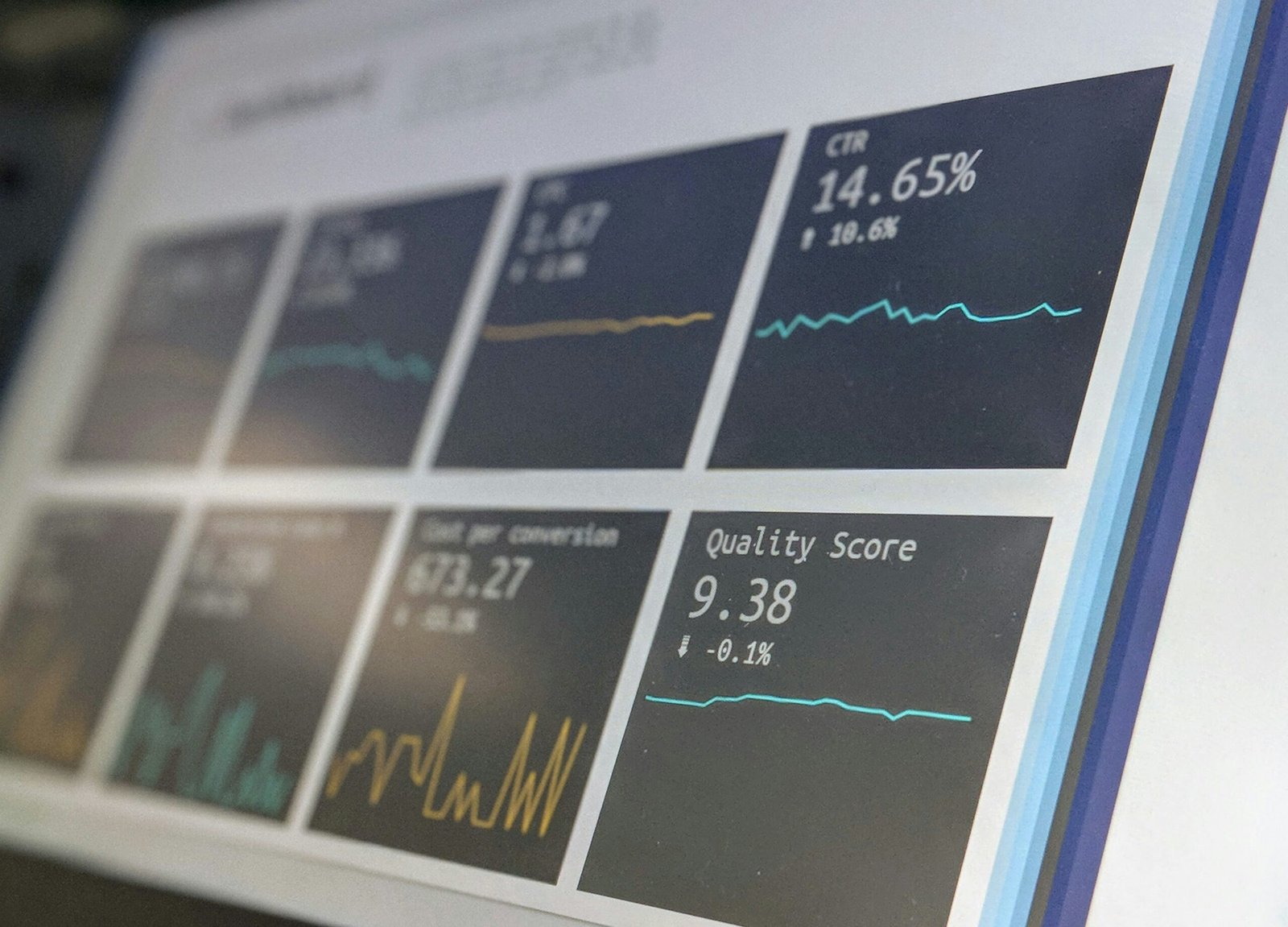Options are a type of financial derivative that provide investors with the right, but not the obligation, to buy or sell an underlying asset at a predetermined price within a specified time frame. They offer a range of benefits, including flexibility and hedging potential, making them a powerful tool for investors.
What are Options?
Options are contracts that give the holder the ability to buy or sell an underlying asset, such as stocks, commodities, or currencies, at a predetermined price, known as the strike price. These contracts have an expiration date, after which they become invalid.
There are two types of options: call options and put options. A call option gives the holder the right to buy the underlying asset, while a put option gives the holder the right to sell the underlying asset.
Flexibility and Versatility
One of the key advantages of options is their flexibility. Unlike other financial instruments, options allow investors to take advantage of market movements without actually owning the underlying asset. This means that investors can profit from both rising and falling markets.
Options also offer a range of strategies that can be tailored to meet individual investment goals. For example, investors can use options to generate income, hedge against potential losses, or speculate on the future direction of an asset’s price.
Moreover, options can be used in combination with other financial instruments to create more complex trading strategies. This versatility makes options a valuable tool for both individual investors and institutional traders.
Hedging Potential
Options are often used as a hedging tool to manage risk. By buying or selling options, investors can protect their portfolios from adverse market movements.
For example, if an investor holds a portfolio of stocks and is concerned about a potential market downturn, they can purchase put options on those stocks. If the market does indeed decline, the put options will increase in value, offsetting the losses in the stock portfolio.
On the other hand, if an investor expects a rise in the market, they can buy call options to profit from the potential upside. This strategy allows investors to participate in the market’s gains while limiting their downside risk.
Factors to Consider
While options offer numerous benefits, they also come with risks. It is important for investors to understand these risks before engaging in options trading.
One key consideration is the time decay of options. As options approach their expiration date, their value can decrease rapidly. This means that timing is crucial when trading options, and investors must be aware of the potential for losses if the market does not move in the expected direction.
Liquidity is another factor to consider. Options with low trading volume can be difficult to buy or sell at a desired price, which can impact the effectiveness of a trading strategy.
Conclusion
Options are a flexible and powerful financial instrument that provide investors with the ability to profit from market movements, hedge against risk, and create complex trading strategies. While options offer numerous benefits, it is important for investors to understand the risks involved and to carefully consider their investment goals and risk tolerance before engaging in options trading.






